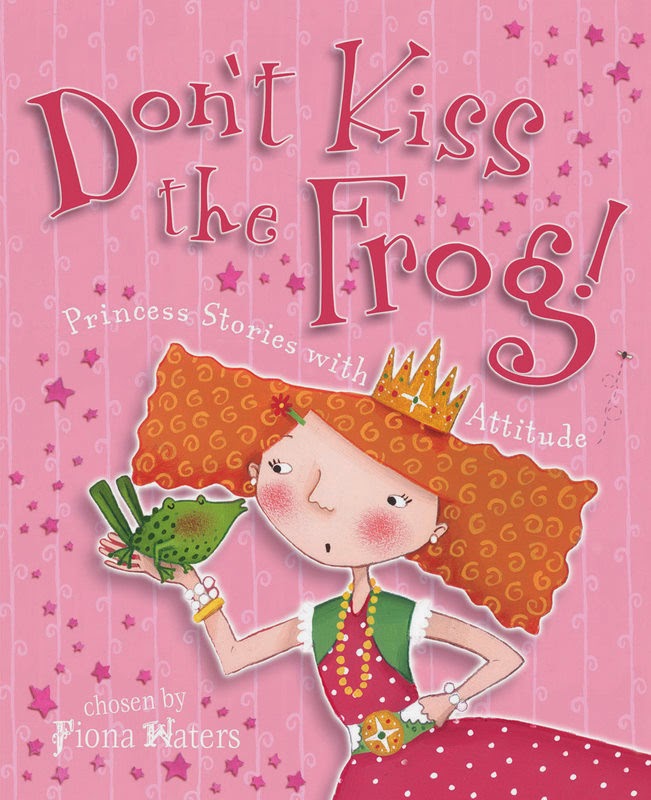Old stories, Typewriters, Decay and Resurrection, by Enid Richemont.
I still have copies of these stories, written on a typewriter (remember those?) and also the published versions - so unbelievably antique now. I stopped writing them, partly because I became pregnant, but also because one of my stories just wouldn't sell because it broke an important taboo. Explicit sex? No, I wouldn't have dared.
What put editors off was the supernatural - my female protagonist was a second wife who became convinced that the vengeful spirit of the previous one was embodied in the family cat. It was, in fact, a very short psychological thriller, and it did have a happy ending. When I wrote it, I thought it was good. Whether I would think so now, I don't know, because the manuscript has long since vanished, but the experience put me off writing for quite a long time.
Re-reading these things now, the required stereotypes were glaring. Career women had to be portrayed as hard, superficial and glamorous, selfish, too, rejecting, as they did, of course, the joys of love, marriage, babies, plus the kitchen sink. Contrast this with anthology in which I published a story a few years ago, called: Don't Kiss the Frog, full of dismal princes, disappointed knights and very undesirable frogs. We have come a long way since then.
Two of those early stories, though, are relevant today. My first published one featured a model who always dressed and made up exquisitely for her lover until one day, things went pear-shaped, and hey! it didn't matter, because it was her inner self he loved (sorry, that does sound naff, but it's still expressing something important).
The second is very much more serious, and was published, unexpectedly, years later in a magazine called 'She'. It's a Romeo and Juliet story set in a grim but well-meaning 50s residential care unit for children with learning problems, and one day I plan to re-write it as a screen play.
 Re-cycling work is like any other kind of re-cycling - old stuff goes in and new stuff comes out. Here's one I did earlier. As a book, it did very well when it was first published, but eventually it went out print, so a naggy friend who loved the story bullied me into re-writing it as a screenplay (we never turned it into an e-book). Writing a screenplay is very challenging for someone like me, used to writing straight narrative, but a wonderful excercise for the mind. Not long ago, I submitted it to the BBC. It didn't make it, but did attract the attention of a small film producer. Whether anything comes of it remains to be seen.
Re-cycling work is like any other kind of re-cycling - old stuff goes in and new stuff comes out. Here's one I did earlier. As a book, it did very well when it was first published, but eventually it went out print, so a naggy friend who loved the story bullied me into re-writing it as a screenplay (we never turned it into an e-book). Writing a screenplay is very challenging for someone like me, used to writing straight narrative, but a wonderful excercise for the mind. Not long ago, I submitted it to the BBC. It didn't make it, but did attract the attention of a small film producer. Whether anything comes of it remains to be seen.So good work needn't ever be wasted. The raw material is waiting there to be re-worked and transformed, and then who knows what might happen? I'm very much into re-cycling at present, because I've been working on a picture book text based on transformation through decay and resurrection (oh, you can play with very sophisticated ideas in picture books, and no, it's not religion-based, although this stuff permeates through most major religions). My agent doesn't think it will go, so I'm submitting solo, and offering it as a 'rubbish book'.

Comments
It's good advice never to throw any writing away. It can always be the seed of new ideas. Or you can put all those bad poems into the mouth of a great character - like Adrian Mole.